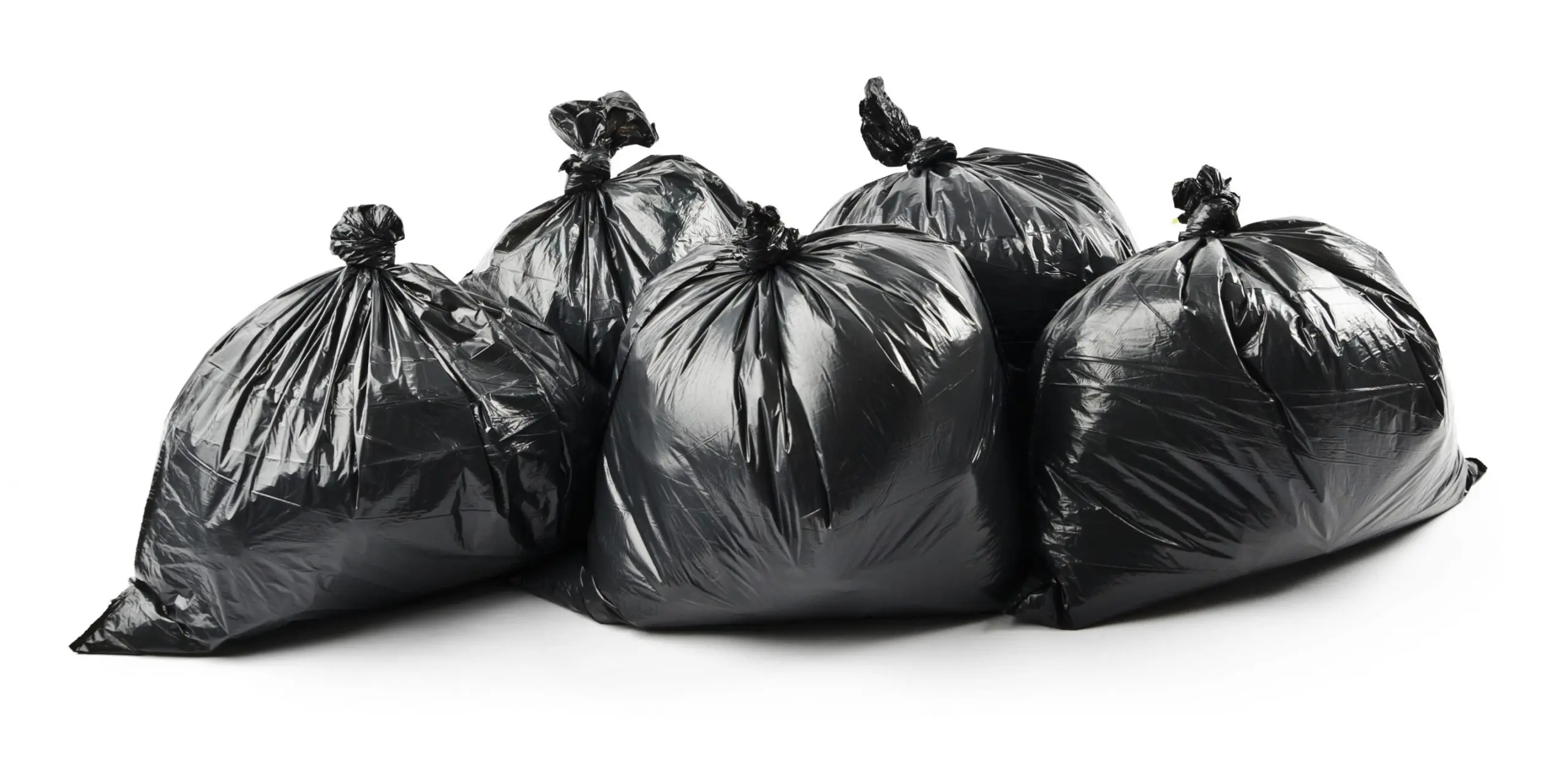Our guest blogger, Jo Gallacher, Editor of Recycling & Waste World (RWW), says The Resources and Waste Strategy should be a way to rediscover our national pride through environmentalism and community.
The UK often takes a bit of a beating when it comes to morale. We work longer hours than anywhere else in Europe, our political situation for the past two years has been nothing short of chaotic and the weather has as much colour variation as a Charlie Chaplin movie.
It was uplifting therefore to see the publication of the long-awaited Resources and Waste Strategy just before Christmas, which set out the UK’s resource ambitions. The document contained bold promises, of which Extended Producer Responsibility (EPR) and funding projects for emerging technologies were just a few of the guiding principles aimed at leaving the environment in a better condition for the next generation.

Many of the take home messages are actions which have long been demanded by the passionate and dedicated members of our industry, and perhaps some of you reading this now. The response to the Strategy’s consultation, therefore, was positive given the difficult job Defra has of navigating conflicting points of view.
The Strategy helped answer some key questions left behind after the publication of the 25 Year Environment Plan in January 2018. For example, what eradicating ‘avoidable’ plastics by 2025 really means and how the UK can double its resource capacity by 2050. It also set high hopes for a much-needed boost to recycling rates, which have begun to stagnate following years of progression up and down the country.
It is a thrilling time to be part of the resource community. Yes, the main political parties are racing towards knock-out stage, but over in the green corner we are on the cusp of an exciting revolution. How we interact and deal with our environment and the consequences this has for business is changing, and not a moment too soon.
The Resources and Waste Strategy must be seen as a foundation and not the finish line. It is not enough for any one organisation to merely acknowledge issues and work singularly to try and solve them. We all must play our part and this includes the general public.
Customers are beginning to expect more from brands, and regardless of the sector they operate within, this includes commitments to sustainability and responsible waste management. However, we must be cautious to ensure ambition is met with delivery.

You would expect an editor of a leading environmental magazine to know everything there is to know about recycling, yet I still find myself sometimes getting confused over what product to put in which bin. So what hope does the busy parent who hasn’t got the time to research which packaging the local council collects have? Or the commuter who places an empty coffee cup on top of a bin, not realising that this too is littering?
In order for the Strategy to achieve the huge challenges it has set out, we need to make environmental messages much simpler and easier to understand. Key principles of building a circular economy and promoting greater resource efficiency should therefore be reduced into take-home messages which are digestible and achievable for the general public, helping to instil a sense of national pride in our environment and connecting us closer to it.
For me, the Strategy is not a best-case scenario, but a vital framework necessary to reverse some of the harmful actions of the past. Restoring pride in the places where we live and taking the public on the circular economy journey will many provide benefits to industry and the wider community.
We often talk of the glory days of the ‘Make Do and Mend’ mindset and the neighbourhood milkmen reusing glass bottles as a model we should reintroduce. Yet this lacks aspiration. We are witnessing transformative technological change, innovative new materials coming onto the market and new processes to deal with our waste.
Why not use these old-fashioned principles, teamed with modern communication tools such as social media, to convey a message of hope and optimism in our country? That way we can discover a national pride which doesn’t concern itself with politics or background, but environmentalism and community.
The Resources and Waste Strategy is just the beginning.
